Objection # 2
The Qur’an includes instructions for its own spread, implement Islamic law all over the world [by any means, including sword]:
Comments:
The UN Charter grants individual freedom of faith. The Christian missionaries has been working world over during last 2000 years. The Buddhist monks spread Buddhism to China, Central Asia, Far East up till Japan. What is so alarming if Muslims spread the message of God to humanity? Qur’an instructs the followers to convey the message of God to the humanity: “O Prophet, surely We have revealed to you the Book with the truth, for the instruction of Mankind. He who follows the Right Way shall follow it for his own good; and he who goes astray shall do so at his own peril. You are not set up as a guardian over them.”(Qur’an;39:41). At the end of his last sermon during last Hajj (632 C.E) the Prophet (peace be upon him) said: “ O’ People, no messengers or prophet will come after me and no new faith will be born. Reason well, therefore, O’ People, and understand my words which I convey to you. I leave behind me two things, the Qur’an and my example, the Sunnah and if you follow these you will never go astray. All those who listen to me shall pass on my words to others and those to others again; and may the last ones understand my words better than those who listen to me directly. Be my witness oh Allah that I have conveyed your message to your people.” This message is to be conveyed to humanity through beautiful preaching, not violence, God says: “Call unto the way of thy Lord with wisdom and fair exhortation, and reason with them in the better way. Lo! thy Lord is best aware of him who strayed from His way, and He is Best Aware of those who go aright.”(Qur’an;16:125).
Qur’an forbids forced conversions as evident form few verses quoted out of many in Qur’an: “There shall be no coercion in matters of faith. Distinct has now become the right way from the (way of) error: hence, he who rejects the powers of evil and believes in God has indeed taken hold of support most unfailing, which shall never give way: for God is all-hearing, all-knowing.”(Qur’an;2:256). “An so (O Prophet) exhort them, thy task is only to exhort: Thou canst not compel them to (believe). As for those who turn their backs and disbelieve, Allah will punish them with the mighty punishment.”(Qur’an;88:21-24). “.. You (O Muhammad) are not there to compel them to believe. So admonish with this Qur’an every such person who fears My warning.”(Qur’an;45;50). “So (O’ prophet) exhort them, for your task is only to exhort, you can not compel them (to believe).”(Qur’an;88:21-22). “to you [unbelievers] be your religion (Din), and to me mine.”(Qur’an;109:6). “Notwithstanding that no human being can ever attain to faith otherwise than by God’s leave, and (that) it is He who lays the loathsome evil (of disbelief) upon those who will not use their reason? (Qur’an;10:100).
Those who used their intellect understood the true faith of Islam and freely reverted to Islam (every human is born by nature as servant of God- Muslim), while others continued to follow their faith and lived peacefully in the Muslim rule. Just few centuries back the freedom of choice of faith was not available to the people as it is now. The tyrant rulers did not allow their people to accept any different faith, so they had to be subdued to provide freedom of choice of faith to the people. Those who did not accept Islam continued to live as peaceful citizens; the millions of Coptic Christians still living in the Arab world are testimony to this fact of history. If some one indulged in coercion it is individual act, Islam does not teach so. History is witness to the fact on colonization the European Christian missionaries thronged the colonies to convert the people to Christianity, using all means including coercion, incentives in the form of education, health and social services so we find Christianity as the biggest faith in numbers. The inquisitions on Spain to convert Muslims and Jews is dark chapter of humanity. In the present environment of religious freedom, at least in theory there is no official restriction to convey the message of Islam through preaching, hence there is no need to wage war on this pretext.
No Forced Conversions during Muslim Rule in Spain, Greece, and Part of Europe & India: The example of Spain, India, part of Europe with majority non Muslim populations despite Muslim rule for centuries is an un deniable fact of history. No war was fought in Far East and East Africa; Indonesia is the larges Muslim country of the World, while East Africa has predominantly Muslim population. Islam is the fastest growing religion in North America and Europe, not by sword but due to preaching of Islam by the Muslims. The truthfulness of Islamic faith has attracted the ignorant common Christian, Jews, atheists and non Muslims who, through the media and internet are learning and embracing Islam after comparative studies of religions.
James Michener in his article ‘Islam: The Misunderstood Religion,’ Reader’s Digest, May 1955, pp. 68-70: “No other religion in history spread so rapidly as Islam. The West has widely believed that this surge of religion was made possible by the sword. But no modern scholar accepts this idea, and the Qur’an is explicit in the support of the freedom of conscience.”
The Law:
The Islamic Law [Shari’a] is one of most misunderstood aspect of Islam other being Jihad. Hence it must be understood in correct perspective. The peaceful coexistence is the basic requirement of any community for its survival, development and expansion. Law, may be defined as the discipline concerned with the customs, practices, and rules of conduct of a community that are recognized as binding by the community. The enforcement of the body of rules is through a controlling authority. The Westerners are most fearful of Shari’a, the Islamic Law, which they perceive to be a barbarian law enforcing harsh punishments like stoning to death for adultery, cutting of hand for theft and lashing for drinking alcoholic and other heinous crimes. They ignore the fact that these divine laws are not new, the Old Testament include the Law given by God through Moses, commonly referred as Law of Moses. Some examples are: Life for a life, eye for eye [Exodus; 21:23-25 : Leviticus; 24: 18-21, Deuteronomy; 19:21. Qur’an;5:44-45]. However Qur’an goes a step ahead for forgiveness: “The recompense for an injury is an injury proportionate to it; but if a person forgives and makes reconciliation he shall be rewarded by Allah; He does not like the wrongdoers. Those who avenge themselves when wronged cannot be blamed.”(Qur’an;5:40-41). Death for Killer[Leviticus; 24:17, Qur’an;17:33]. Adultery is prohibited, according to Qur’an;17:32 and Mathew;5:28. Death by Stoning for sexual crimes-(Deuterinomy;22:20-21).Death by stoning is also prescribed for blasphemy (Lectivis;24:16). Theft is a serious crime, strictly forbidden by Qur’an and Bible [Deuteronomy;5:19 & Exodus;Chapter:20, 11;Leviticus;19, Qur’an;60:12, 29:29, 7:86]. Amputation of hand of thief is the punishment prescribed in Qur’an;5:38 and Matthew;18:8. Apparently in the age of Jesus thieves were crucified, [Matthew;27:38]. Homosexuality is great sin [1Corinthians;6:9, 1 Timothy;1:10, Romans;1:27-28, Genesis;13:13, 18:20, Qura’n;7:80-81]
Prophet Jesus Christ, the son of Mary (peace be upon him) declared: “Think not that I have come to abolish the law and the prophets; I have come not to abolish them but to fulfill them. For truly, I say to you, till heaven and earth pass away, not an iota, not a dot, will pass from the law until all is accomplished. Whoever then relaxes one of the least of these commandments and teaches men so, shall be called least in the kingdom of heaven; but he who does them and teaches them shall be called great in the kingdom of heaven. For I tell you, unless your righteousness exceeds that of the scribes and Pharisees, you will never enter the kingdom of heaven.”(Mathew;5:17-20 also the Beatitudes, Matthew; 5:3-12 and the Lord’s Prayer Matthew; 6:9-13). However Paul over ruled Jesus Christ by declaring; “But now we are discharged from the Law, dead to that which held us captive, so that we serve not under the old written code but in the new life of the Spirit.”(Romans;7:6).
The New Testament lays down the general principles of good government, but contains no code of laws for the punishment of offenders. Punishment proceeds on the principle that there is an eternal distinction between right and wrong, and that this distinction must be maintained for its own sake. It is not primarily intended for the reformation of criminals, nor for the purpose of deterring others from sin. These results may be gained, but crime in itself demands punishment.
Among the Jews Talmudic Law and Jurisprudence is considered to be of ‘divine’ origin. While rabbinic courts in Israel have jurisdiction only in the area of family life, it has become one of the aims of religious (Orthodox) Jewry there to establish Talmudic law as the general law of the state.
The New Testament lays down the general principles of good government, but contains no code of laws for the punishment of offenders: “For this, Thou shalt not commit adultery, Thou shalt not kill, Thou shalt not steal, Thou shalt not bear false witness, Thou shalt not covet; and if there be any other commandment, it is briefly comprehended in this saying, namely, Thou shalt love thy neighbor as thyself.”(Romans;13:9). “For he that will love life, and see good days, let him refrain his tongue from evil, and his lips that they speak no guile: Let him eschew evil, and do good; let him seek peace, and ensue it. For the eyes of the Lord are over the righteous, and his ears are open unto their prayers: but the face of the Lord is against them that do evil. And who is he that will harm you, if ye be followers of that which is good?” (1 Peter; 3:10-13). Punishment proceeds on the principle that there is an eternal distinction between right and wrong, and that this distinction must be maintained for its own sake. It is not primarily intended for the reformation of criminals, nor for the purpose of deterring others from sin. These results may be gained, but crime in itself demands punishment. The Western Christendom had to fill the void, continue to follow Roman Law and its derivatives. On separation of the religion form state, by declaring the religion to be personal matter of individual they initially depended on Roman Law, later on Civil Law. The Churches followed Canon Law which in its wider sense includes precepts of divine law, natural or positive, incorporated in various canonical collections or codes; may be defined as that body of rules and regulations (canons) concerning the behaviour and actions of individuals and institutions within certain Christian churches, which have, through proper priestly authority, defined and codified such rules.
Islamic law (Shari’a):
Since Islam is a complete code of life covering all aspects including social, economic, political, and military and other aspects of human life, hence the Islamic law (Shari’a) spells out the moral goals of the community, where state and religion are not separate entity. While remaining with in parameters of Divine Laws, there is flexibility to meet the modern challenges through Ijtehad. Total and unqualified submission to the will of Allah is the fundamental tenet of Islam: Islamic law is therefore the expression of Allah’s command for Muslim society and, in application, constitutes a system of duties that are incumbent upon a Muslim by virtue of his religious belief. Known as the Shari’a (the path leading to the watering place), the Islamic law constitutes a divinely ordained path of conduct, that guides the believers towards a practical expression of his religious conviction (rituals) and all aspects of life (social, economic, political etc) in this world and the goal of divine favour in the world to come. In Islamic society, therefore, the term law has a wider significance than it does in the modern secular West, because Islamic law includes both legal and moral imperatives. For the same reason, not all-Islamic laws can be stated as formal legal rules or enforced by the courts. Much of it depends on conscience alone. The Shari’a duties are broadly divided into those that an individual owes to Allah (the ritual practices or ‘ibadat) and those that he owes to his fellow men (mu’amalat). It is the latter category of duties alone, constituting law in the Western sense, that is penal law. The other laws include; offenses against the person, homicide, law of transactions, family law, succession law, procedure and evidence etc. The Qur’anic revelations laid down basic standards of conduct for the first Muslim community established under the leadership of the Prophet (peace be upon him) at Medina in 622 C.E. The Qur’an is the book of guidance for the believers; it also lay down the parameters of legal code. The Qur’an contains about ninety verses directly and specifically addressing questions of law. Islamic legal discourse refers to these verses as Allah’s law and incorporates them into legal codes. “…those who do not judge by the law which Allah has revealed are indeed disbelievers.”(Qur’an;5:44). The remainder of Islamic law is the result of jurisprudence (fiqh), human efforts to codify Islamic norms in practical terms and legislate for cases not specifically dealt with in the Qur’an and Sunnah. Although human generated legislation is considered fallible and open to revision, the term Shari’a is sometimes applied to all Islamic legislation. Modern scholars have however challenged this claim, distinguishing between Shari’a and fiqh and calling for reform of fiqh codes in light of modern conditions through Ijtehad.
Ijtehad: It means ‘independent reasoning’ as opposed to taqlid (imitation). In the absence of direct guidance from Qur’an or Sunnah for a given situation, the exercise of rational judgment by a competent authority is termed as Ijtehad. It is a unique and important component of Shari’a. Ijtehad started during the life of the Prophet (peace be upon him), who while sending ‘Muadh ibn Jabal’ to Yemen, asked him: “According to what will you judge?” “According to the Book of God,” replied Muadh. “And if you find nothing therein?” “According to the Sunnah of the Prophet of God.” “And if you find nothing therein?” “Then I will exert myself (exercise Ijtehad) to form my own judgment.” The Prophet was pleased with this reply and said: “Praise be to God Who has guided the messenger of the Prophet to that which pleases the Prophet.” The rules of Ijtehad were framed by Abu Bakr, the first Caliph. He laid down the principle that in deciding a case he would obtain guidance the first instance from the Holy Qur’an. If the Holy Qur’an was silent in the matter, he would look for guidance to the traditions of the Holy Prophet as duly authenticated. If the traditions were also silent he was to decide the case according to his best judgment He held: “If my decision is just then it will be from God. If it is erroneous, it will be mine, and may God pardon me.”Ijtehad is fallible since more than one interpretation of a legal issue is possible. Hence there is enough flexibility in Shari’a to meet demands of modern society with in basic parameters of divine law.
Differences of Shari’a from Western Systems of Law:
In classical form, the Shari’a differs from Western systems of law (based on Roman Law) in two principal respects. In the first place the scope of the Shari’a is much wider, since it regulates man’s relationship not only with his neighbors and with the state, which is the limit of most other legal systems, but also with his Allah and his own conscience. Ritual practices,(ibadat) such as the daily prayers, almsgiving, fasting, and pilgrimage, are an integral part of Shari’a law and usually occupy the first chapters in the legal manuals. TheShari’a is also concerned as much with ethical standards as with legal rules, indicating not only what man is entitled or bound to do in law, but also what he (obligatory) ought, in conscience, to do (halal), something that is lawful and permitted in Islam, or refrain from doing (haram) not permissible. Accordingly, certain acts are classified as praiseworthy (mandub), which means that their performance brings divine favour and their omission divine disfavour. There is an other category not halal or haram but some thing doubtful, classified a Undesirable (makruh), it is divided into Makruh Tahrimi “that which is nearly unlawful without it being actually so,” and Makruh Tanzihi “that which approaches the lawful or undesirable yet is closer to the lawful.” For example it is undesirable (makruh) for a person to buy back what he has given in charity (sadaqah, or zakat), or “to wish for one’s death, or pray to Allah for it, due to poverty, distress, illness, or the like. However in neither case is there any legal sanction of punishment or reward, nullity or validity. Thus the Shari’ais not merely a system of law, but a comprehensive code of behaviour that embraces both private and public activities.
The second major distinction between the Shari’a and Western legal systems is the result of the Islamic concept of law as the expression of the divine will. Shari’a law though appears to be rigid in certain aspects but there is room for flexibility in fiqha through Ijtehad to meet the challenges of growing and changing needs of society. In Islamic jurisprudence it is not the society that moulds and fashions the law, but the law that precedes and controls society, however the legitimate changes and requirements of the modern society are kept in view with in bounds of Divine Will. The Western Law, is not based on the Bible, they have discarded the Law of Moses, which Jesus declared as his mission(Mathew;5:17-20). By contrast in the Western Law, it is the society that moulds and fashions the law thus consumption of alcohol, homosexuality, gay marriages (not permitted in Bible) have been made legal, on the desire and public support of the Western Society, where as in Shari’a, it is not possible to make such laws which are unnatural and clearly against the Divine Will, manifested in Qur’an and Sunnah. As it can be observed that the most part of Shari’a relates with the duties and obligations of Muslims, between himself and God, and with in society. How can all the Shari’a can be applied to non Muslims? In Muslims countries the non Muslims live as free citizens, according to their own religious laws in matters like marriages, worships etc. The criminal law of the land is applicable to all. Similarly a Muslim living in non Muslim country is governed through the criminal law of the land. Indian Muslims have Muslim personal law on religious matters but criminal law of India is applicable as for all citizens. If majority of a country accepts Islam, then that society can decide to opt for the Islamic law. Presently many Muslim countries are not adhering to Shari’a in totality, how can they impose it upon others? Which law should govern the state, is to be decided by the people: “There is no coercion in matters of Faith” (Qur’an;2:256); “conduct their affairs withmutual consultation, spend out of the sustenance which We have given them, and when they are oppressed, help and defend themselves.”(Qur’an;42:38-39).
Imposing Islamic Law [Shari’a] upon others, at global level could be an enviable wish of enthusiasts, which can only be implemented if the people accept Islam or where ever Muslim rule is established, or people themselves opt for it considering effective. The Roman empire governed the subjects through their laws. The colonial powers introduced their laws in their colonies, though the masters have gone, the legacy continues. But enforcing the religious part of Shari’a upon non Muslims was never practiced nor is it feasible. It should not conflict with commandment of Qur’an;2:256. Allah says: “O Prophet, We have put you on the Right Way (Shari’a) concerning the religion, so follow it, and do not yield to the desires of ignorant people;”(Qur’an;45:18). Muslims are to convey the message of God to others; “[O’ Prophet] So keep on giving admonition, for you are an admonisher not a taskmaster over them. As for those who turn their backs and disbelieve, Allah will punish them with the mighty punishment. Surely to Us is their return, then surely it is for Us to take their account”(Qur’an;88:21-26). Muslims are required to just convey the message of Qur’an, it is Allah who may cause it to prevail: “He it is who has sent forth His Apostle with the [task of spreading] guidance and the religion of truth, to the end that He may cause it to prevail over all [false] religion – however hateful this may be to those who ascribe divinity to aught beside God.” (Qur’an; 9:33, also 48:28). While Muslims perform their duty of preaching Islam, they believe that Prophet Jesus Christ, the Son of Mary (peace be upon him), will return before end of the world. He will prove that he was only a messenger of God and a human being, nothing more. He will kill the swine, break the cross, and abolish Jazyah [a tax taken from the non-Muslims who are in the protection of the Muslim government]. He will establish the Kingdom of God, all submitting to the will of God (Islam). He will rule as just ruler for 40 years, [under Shari’a] kill anti Christ (Sahih-Bukhari: 3:425, 656, 4:657, Abu-Dawood, Hadith:2025).
The Islamic society was a pluralistic society ever since its inception. In the city state of Medina established under Prophet Muhammad (pbuh) included Jews, Christians, polytheists, non believers and Muslims. As per Charter of Medina, there was religious freedom, equal rights and responsibilities for Jews and others. At times the Jews of surrounding areas used to come to the Prophet (pbuh) for justice: “Therefore, if they come to you with their cases, you may judge between them or refuse to do so. Even if you refuse, they will not be able to harm you the least, but if you do act as a judge, judge between them with fairness, for Allah loves those who judge with fairness. But why do they come to you for judgment when they have the Torah which contains Allah’s commandments? Yet they turn back after that. In fact, they are not true believers.”(Qur’an;5:42-43). But those who were part of Islamic state are governed by Shari’a on criminal matters: “And unto thee [O Prophet] have We vouchsafed this divine writ, setting forth the truth, confirming the truth of whatever there still remains of earlier revelations and determining what is true therein. Judge, then, between the followers of earlier revelation in accordance with what God has bestowed from on high, and do not follow their errant views, forsaking the truth that has come unto thee. Unto every one of you have We appointed a [different] law and way of life. And if God had so willed, He could surely have made you all one single community: but [He willed it otherwise] in order to test you by means of what He has vouchsafed unto, you. Vie, then, with one another in doing good works! Unto God you all must return; and then He will make you truly understand all that on which you were wont to differ. Hence, judge between the followers of earlier revelation in accordance with what God has bestowed from on high, and do not follow their errant views; and beware of them, lest they tempt thee away from aught that God has bestowed from on high upon thee. And if they turn away [from His commandments], then know that it is but God’s will [thus] to afflict them for some of their sins: for, behold, a great many people are iniquitous indeed.”( .”(Qur’an;5:48-49). As far as their personal and religious mattes are concerned the Jews and Christians were governed in their own way. The non Muslims continue to eat pork or drink wine, though prohibited in Shari’a. This clearly indicates that Shari’a is not to be imposed upon non Muslims in their personal matters.
There is not commandment for the Muslims to implement Islamic law all over the world by force. This is an absurd misleading distortion.
















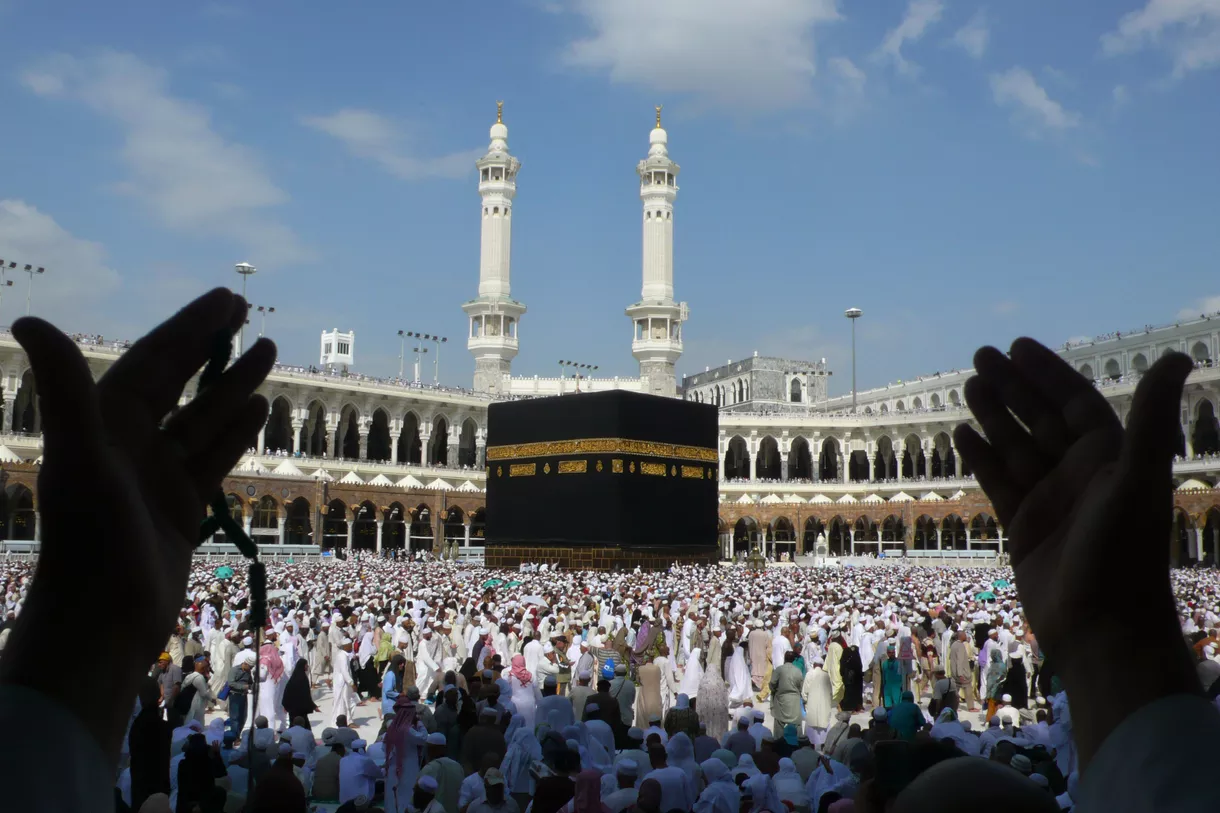








































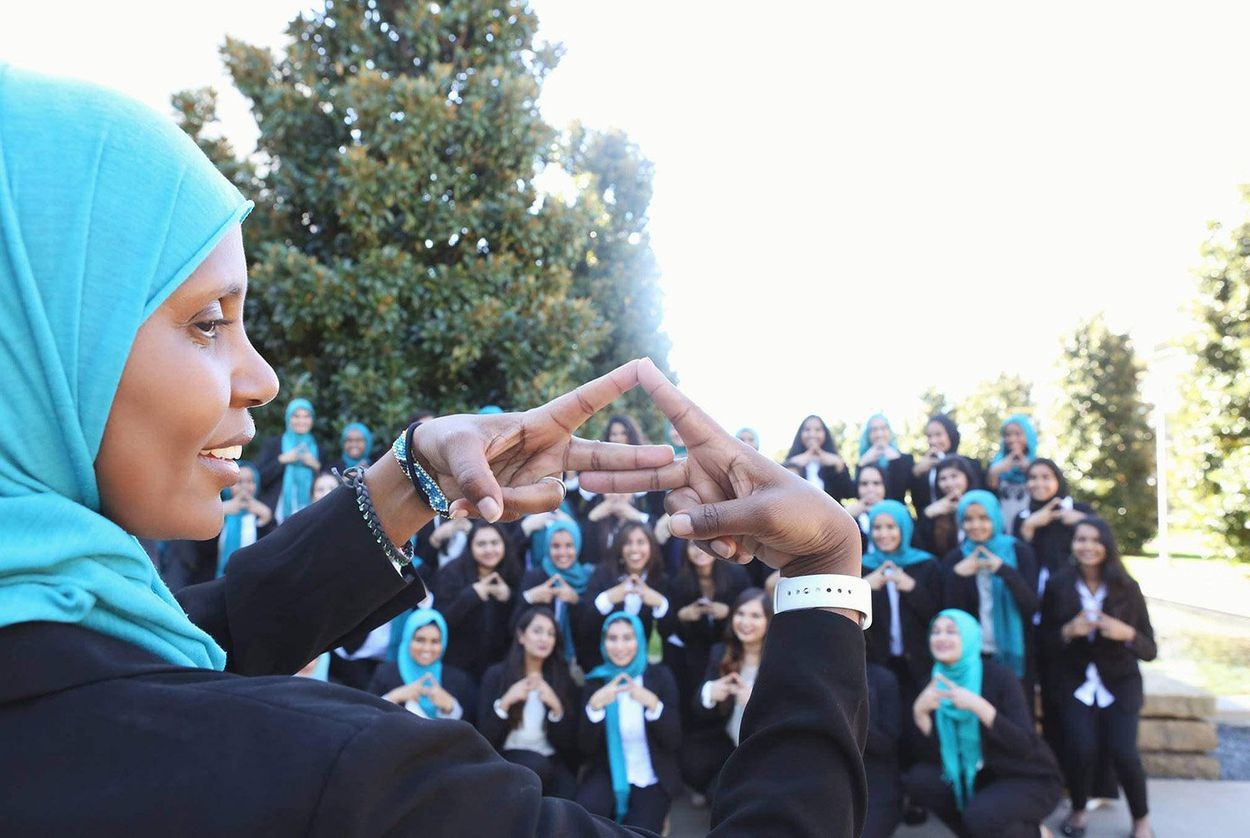
















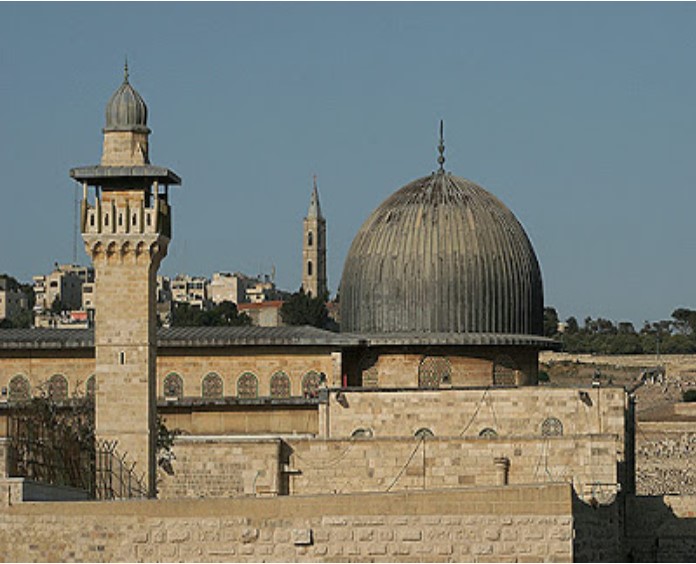



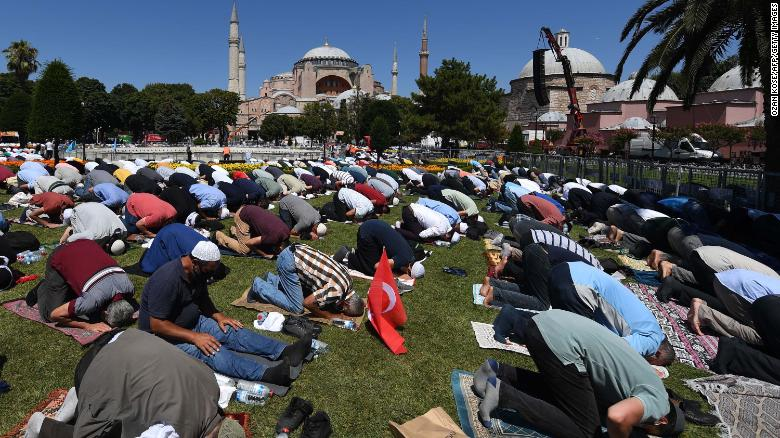









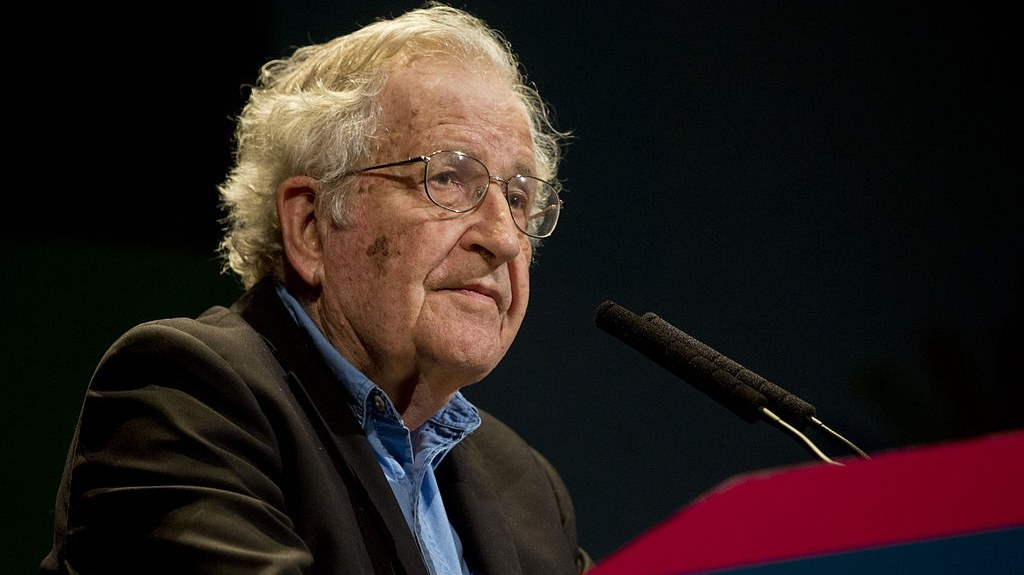



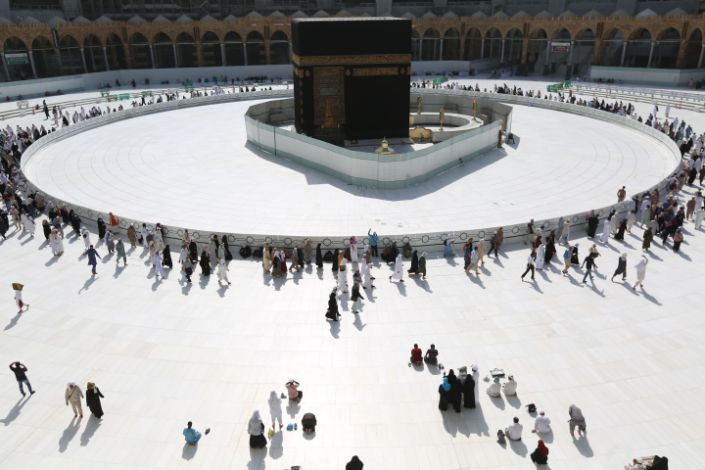




















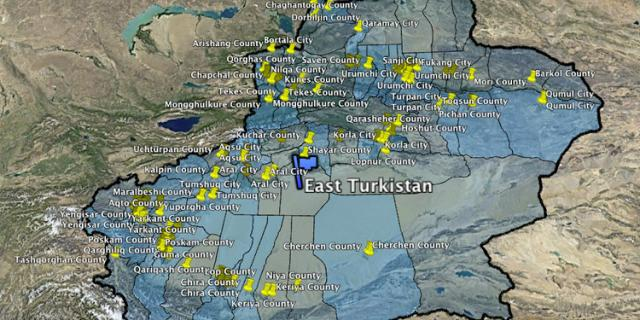



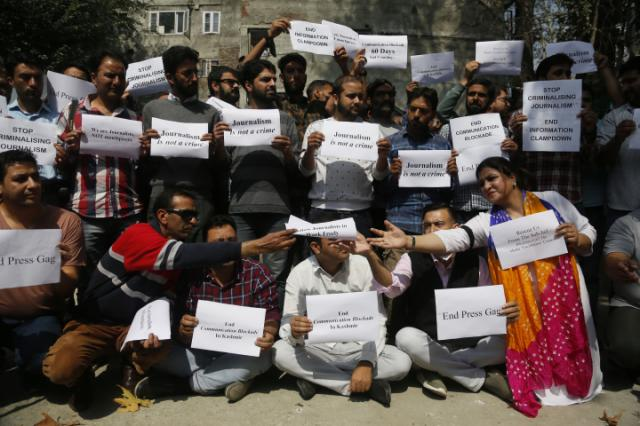



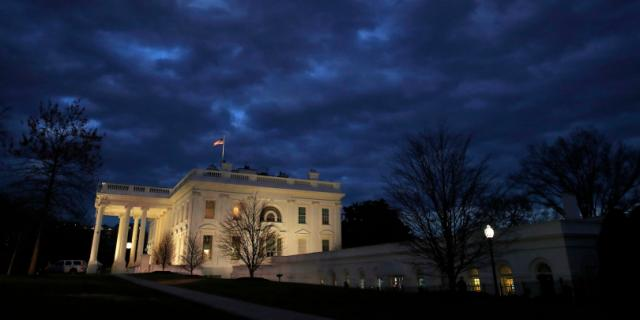





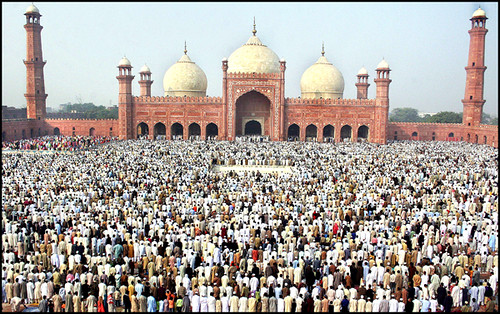



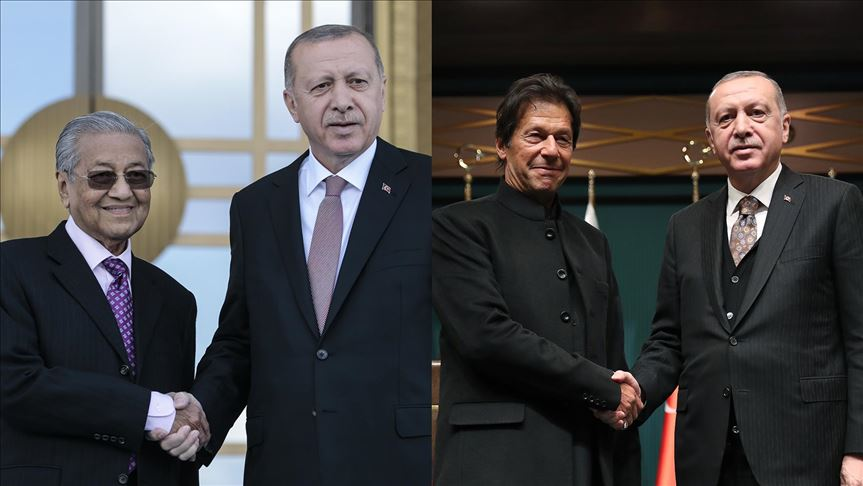














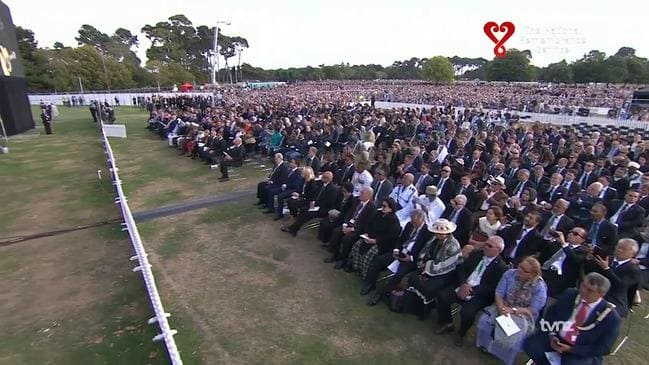





























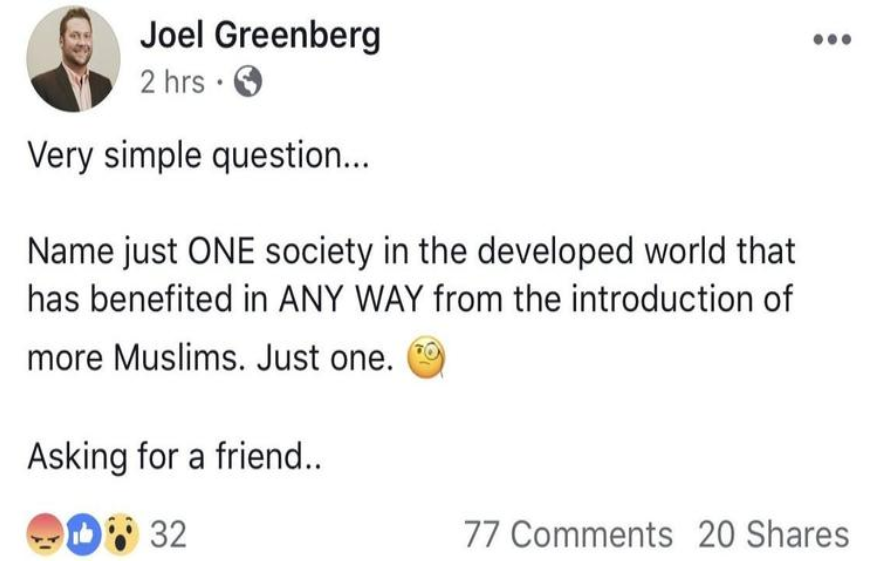










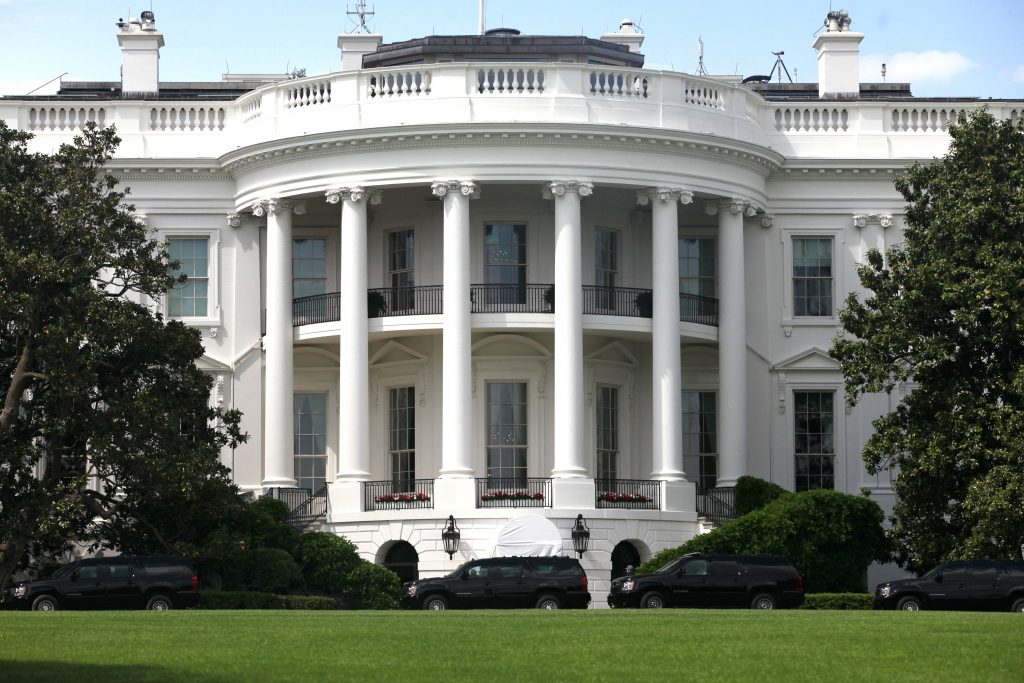








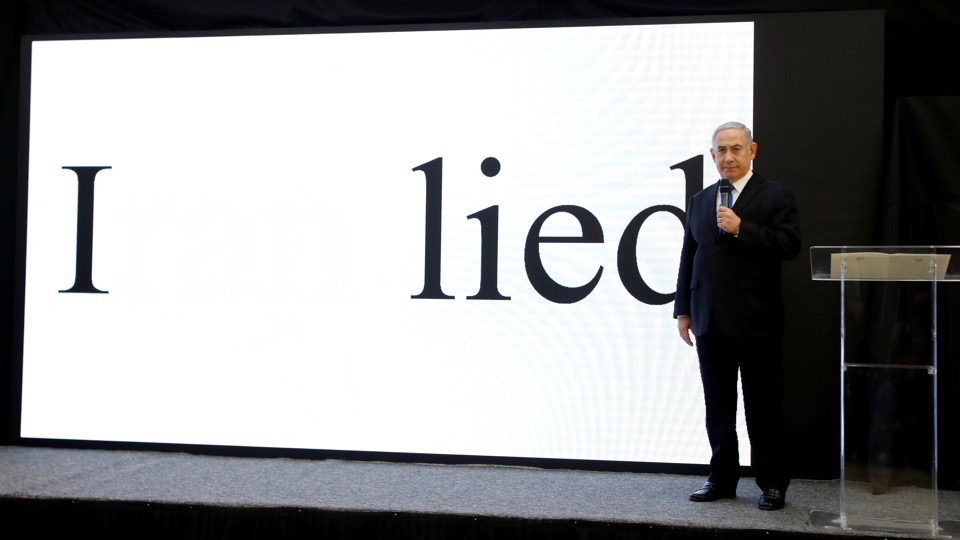








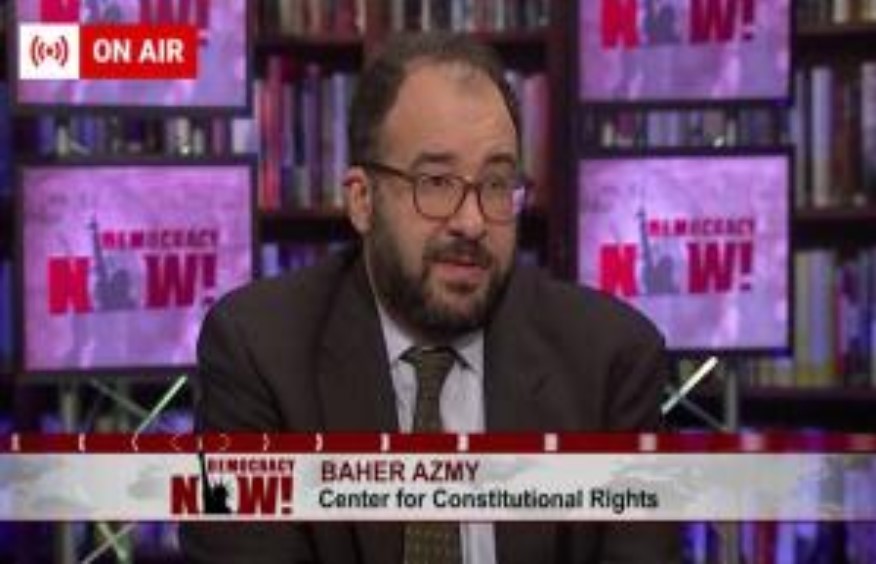









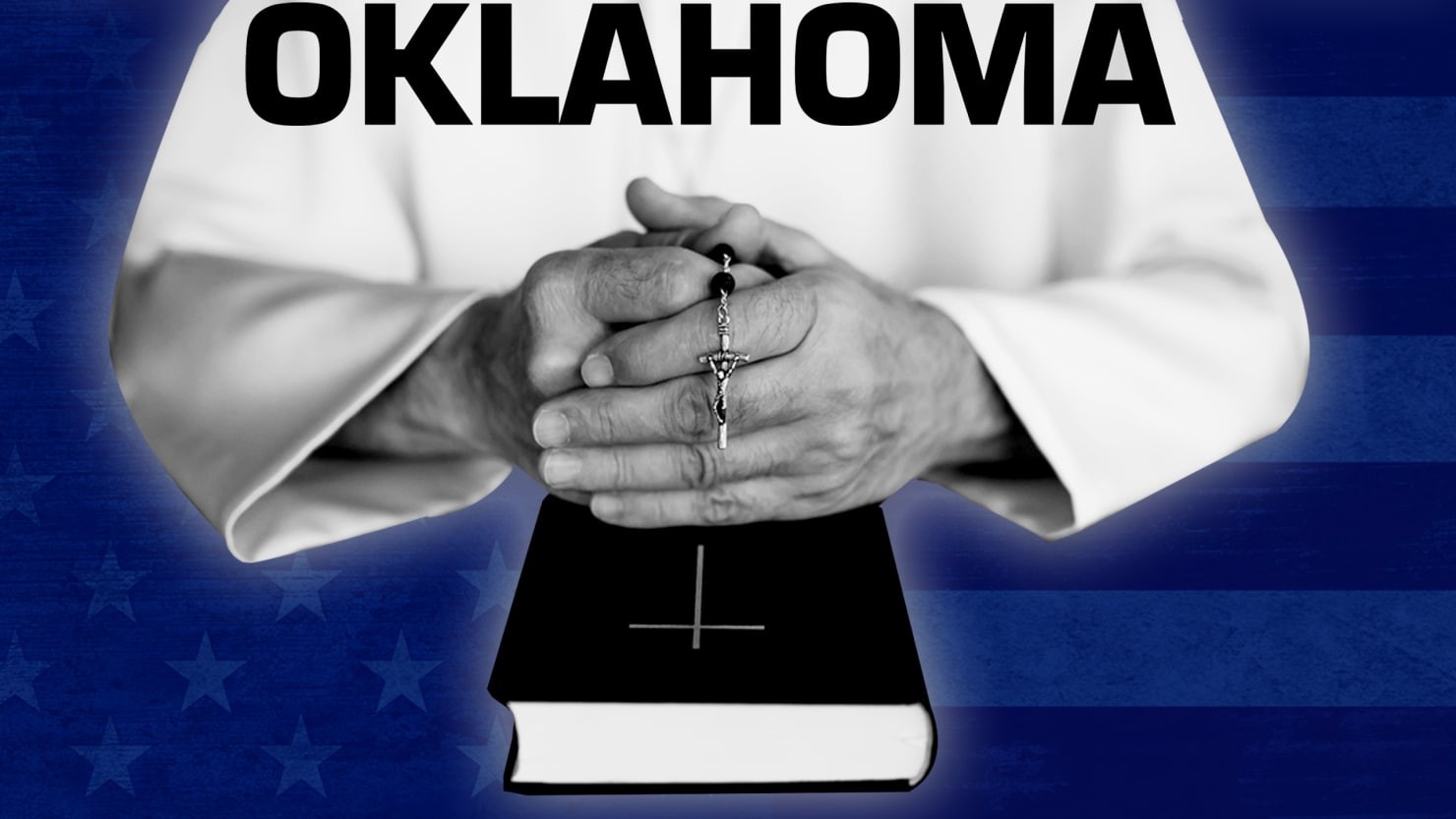











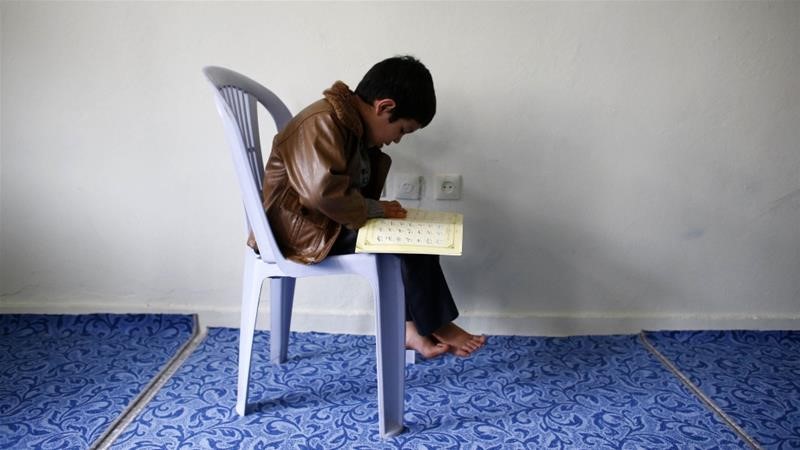








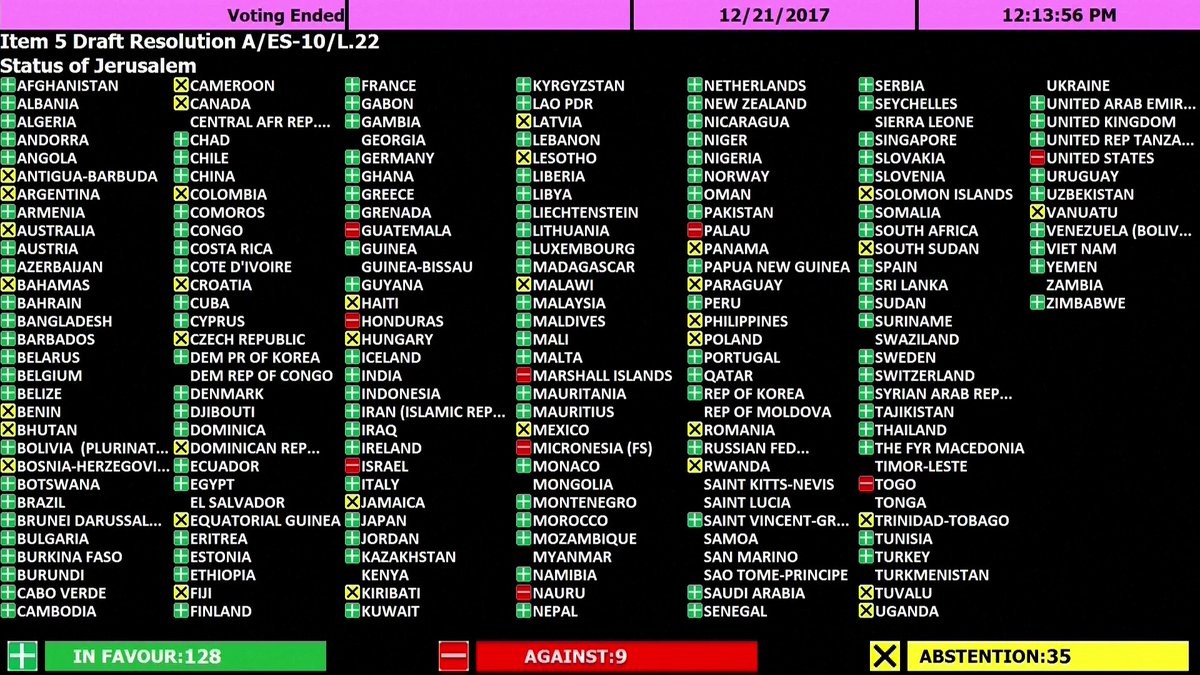




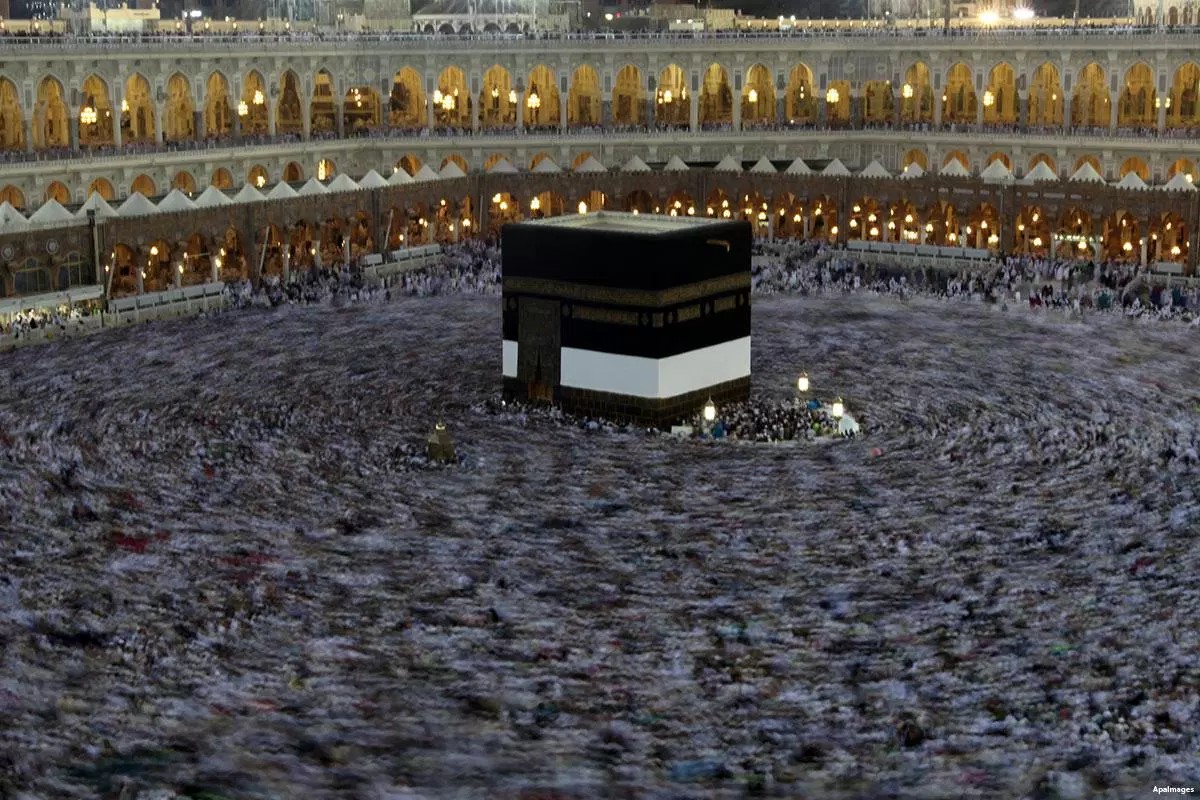












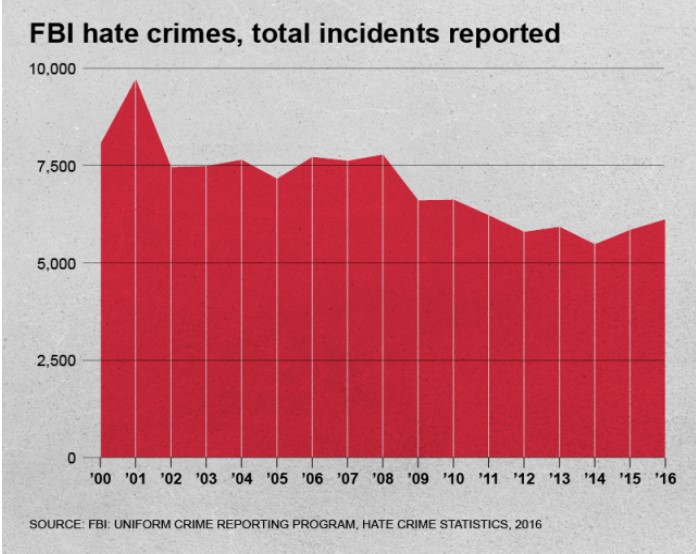

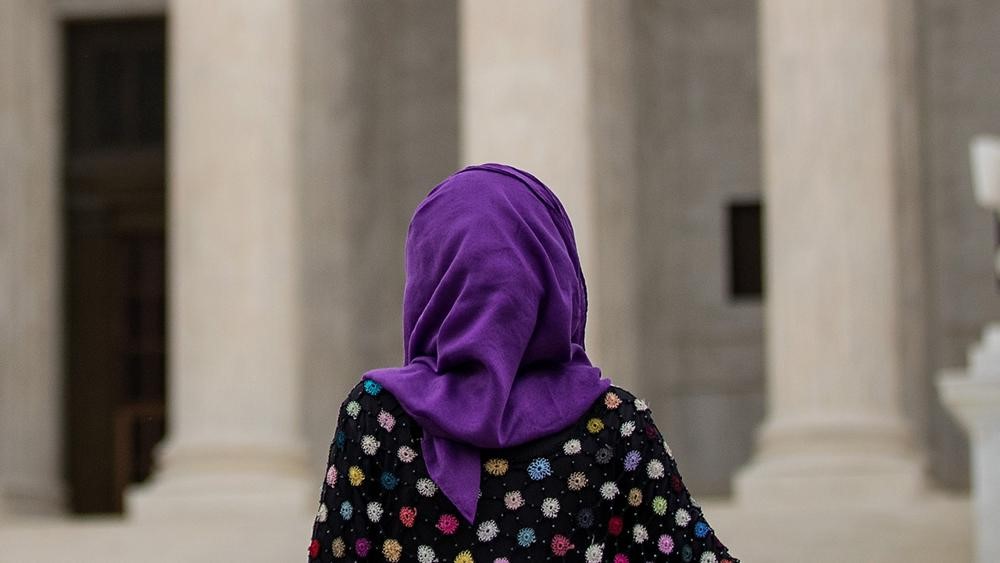









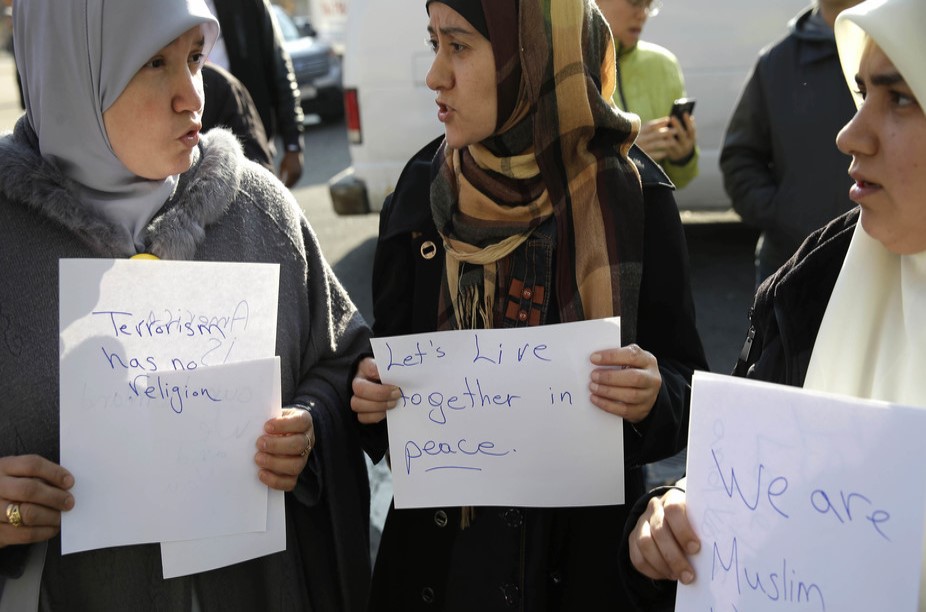

Posted By: Saleem Khan